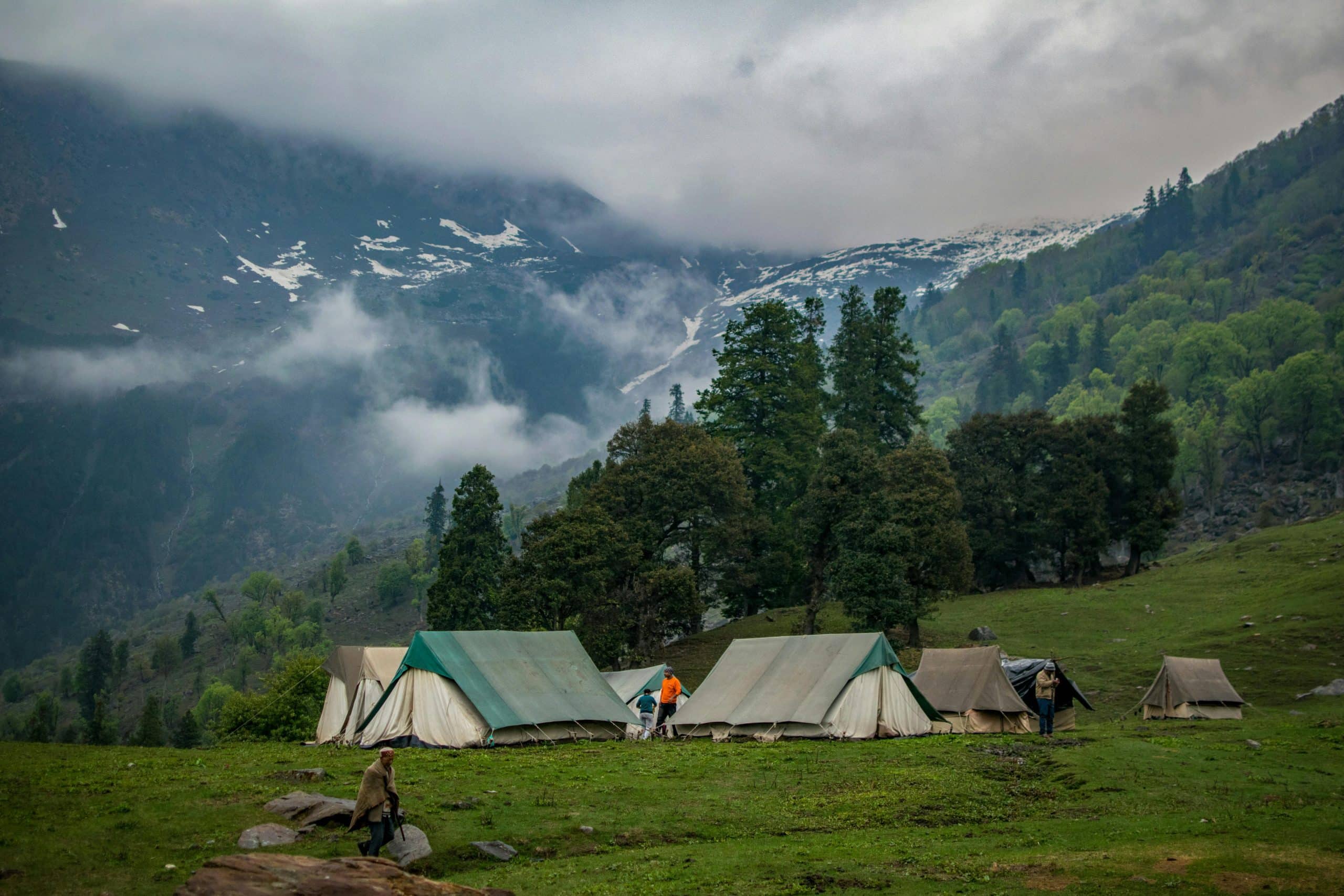What are the safety measures for camping near cliffs and rocky shores in the UK?

Camping can be a thrilling experience, especially if you're fortunate enough to do it in a country as diverse and beautiful as England. From the sun-kissed beaches of Cornwall to the craggy cliffs of Yorkshire, the coastal areas of England provide a stunning backdrop for a wild camping trip. But with all the fun and adventure that camping in these areas can bring, it's crucial to remember to prioritise safety. In this article, we will explore some key guidelines to keep in mind when setting up camp near cliffs and rocky shores.
Choosing the Best Location for Your Camp
Finding the best location for your camp is the first step towards ensuring your safety during your coastal camping expedition. If you're going to set up camp near a cliff, you need to consider factors such as the stability of the cliff, the proximity to the edge, and the weather conditions.
En parallèle : How can you effectively use a solar-power setup for your camping trip in remote Scottish isles?
For starters, the cliff should be stable. The last thing you want is for the ground beneath your tent to give way unexpectedly. To assess stability, look for signs of recent landslides or loose soil. If there are any such indications, it's better to find another spot. Avoid camping right at the edge of a cliff. Even if the cliff appears stable, it's still best to maintain a safe distance from the edge. A sudden gust of wind or an unexpected turn in the weather can make it a risky spot.
The weather is another critical consideration. Check the forecast before you set up camp. If there's a chance of heavy rain or strong winds, it might be best to look for a more sheltered location. Weather can change quickly on the coast, so it's always best to err on the side of caution.
A lire aussi : What are the best light-weight binoculars for birdwatching during camping trips in UK National Parks?
Setting Up Your Tent Safely
Once you've found an ideal spot, the next step is to set up your tent. This might seem like a simple task, but when you're camping near cliffs and rocky shores, there are extra precautions to take.
Choose a flat area to pitch your tent to prevent it from rolling or sliding. Clear any stones, branches or other debris that could cause a trip or fall in the dark. The doorway of your tent should face away from the prevailing wind to prevent it from getting blown away.
Anchor your tent firmly to the ground. Use rock pegs if the ground is hard or rocky. They are stronger and more robust than standard tent pegs and will provide better stability in such conditions.
Avoid setting up your camp near overhanging cliffs or loose rocks. Falling rocks can pose a danger, particularly in areas prone to erosion. Be aware of the tide times and ensure you are not within reach of high tide, which could result in a wet and dangerous surprise at night.
Navigating the Terrain Safely
Once your campsite is set up, you'll likely want to explore the surrounding area. But coastal terrains and cliff paths can be treacherous, especially in bad weather.
When walking along cliff paths, stay well back from the edge, especially if the ground is wet or muddy. Paths can be slippery, and falls from cliffs can be deadly. If you're walking at night, use a torch to illuminate the path ahead.
When exploring rocky shores, be cautious of slippery rocks, particularly those covered in seaweed. Waves can be unpredictable and powerful, so don't turn your back on the sea. Also, keep an eye on the tide times. Getting cut off by the tide can be extremely dangerous.
Water Safety Measures
Whether you're swimming, surfing or simply dipping your toes in, water safety is paramount when camping near the beach or coast. Always be aware of the sea conditions and respect the power of the water.
Check the sea conditions before you enter the water. Look for signs of strong currents, such as discoloured or choppy water. If the sea looks dangerous, don't go in.
Remember, the sea around England can be chilly, even in summer. Cold water shock can take effect quickly, so be careful when entering the water. Don't dive in – instead, gradually acclimatise your body to the temperature.
Wildlife and Plant Precautions
Finally, be aware of the wildlife and plants in the area. Respect all wildlife and keep a safe distance. Some animals can be aggressive if they feel threatened.
Certain plants along the coast can also pose risks. For example, some species of plants can cause skin irritation. If you're not sure what a plant is, it's best not to touch it.
While camping near the wild and picturesque cliffs and rocky shores of England can be an unforgettable experience, remember that your safety is paramount. By keeping these precautions in mind, you can enjoy a fantastic camping adventure without compromising on safety.
Camping Etiquette and the ‘Leave No Trace’ Principle
When embarking on a wild camping adventure, it is essential to respect the natural environment and adhere to the 'Leave No Trace' principle. This means ensuring that you do not disturb the landscape, wildlife or locals, and leave the area exactly as you found it.
In the context of cliff camping or camping near rocky shores, this involves diligently carrying and disposing of all litter, avoiding lighting open fires, and refraining from causing any physical alterations to the environment. For example, refrain from carving your name into tree trunks or moving stones around as both can cause irreversible damage to the habitat.
Always remember that you are a visitor in these beautiful camping spots and it's your responsibility to protect these areas for future generations. Be sure to follow any guidelines or rules set out by national parks or the National Trust. If camping on private land, such as farmland, always seek permission from the landowner beforehand.
Wild camping in locations such as the Jurassic Coast, the South West, Northern Ireland, or the Isle of Wight can bring you into close contact with diverse flora and fauna. Be mindful not to disturb any animals or their habitats, and remember to keep a safe distance from nesting birds and seals, which are often found along coastal areas of England.
Essential Gear for Cliff and Rocky Shore Camping
To ensure a safe and comfortable wild camping experience, having the right gear is paramount. A sturdy, weather-resistant tent is a must when camping in areas with unpredictable weather conditions. A good quality sleeping bag and sleeping mat can provide extra comfort and warmth, especially on chilly nights.
Pack a well-stocked first aid kit for any unforeseen injuries or illnesses. Your kit should include bandages, antiseptic wipes, tweezers, pain relief medication, and any personal medication you might need. It's always better to be prepared, especially when you're camping in remote locations.
If you're going to be camping near cliffs or rocky shores, you might also want to consider investing in some climbing gear or safety equipment. A helmet can protect your head from falling rocks, while a good pair of hiking boots can provide the necessary grip and ankle support for navigating steep or rocky terrains.
Don't forget to pack a trusty torch (and spare batteries) for navigating in the dark. A map and compass are also essential for finding your way around, although many campers now prefer to use GPS devices.
You can find all these essential camping gear at outdoor retailers such as Cotswold Outdoor, known for their quality equipment.
Conclusion
While the thought of wild camping near cliffs and rocky shores might seem daunting, with the right precautions and preparations, it can certainly be a safe and unforgettable adventure. Always remember to choose your location wisely, set up your tent safely, navigate the terrain with caution, respect the power of the sea, and be mindful of the local wildlife and plant life.
Remember, safety is paramount when embarking on any camping adventure. Armed with awareness and the right gear, you can fully enjoy the natural beauty of some of the best places for wild camping in England like the Jurassic Coast, the South West, Northern Ireland, the Isle of Wight, and many others.
So pack your sleeping bag, pitch your tent, and start exploring the wild, awe-inspiring landscapes of England. And when you leave, leave no trace behind except the precious memories of a wonderful camping experience. Happy camping!
